Get Involved








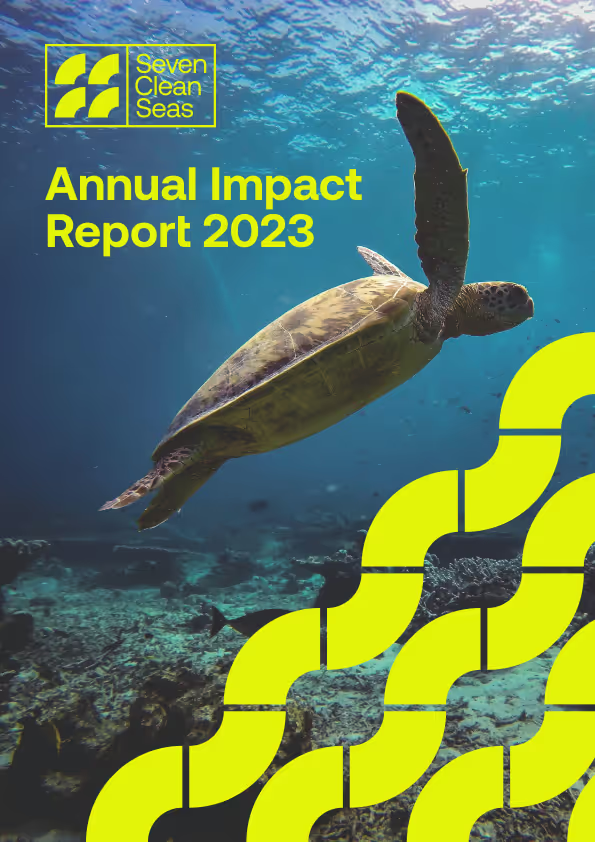







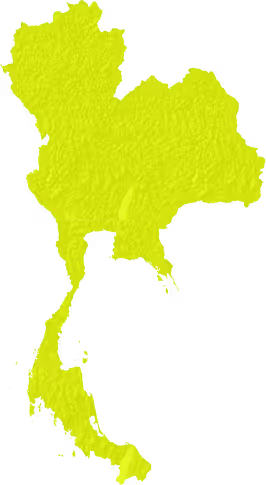
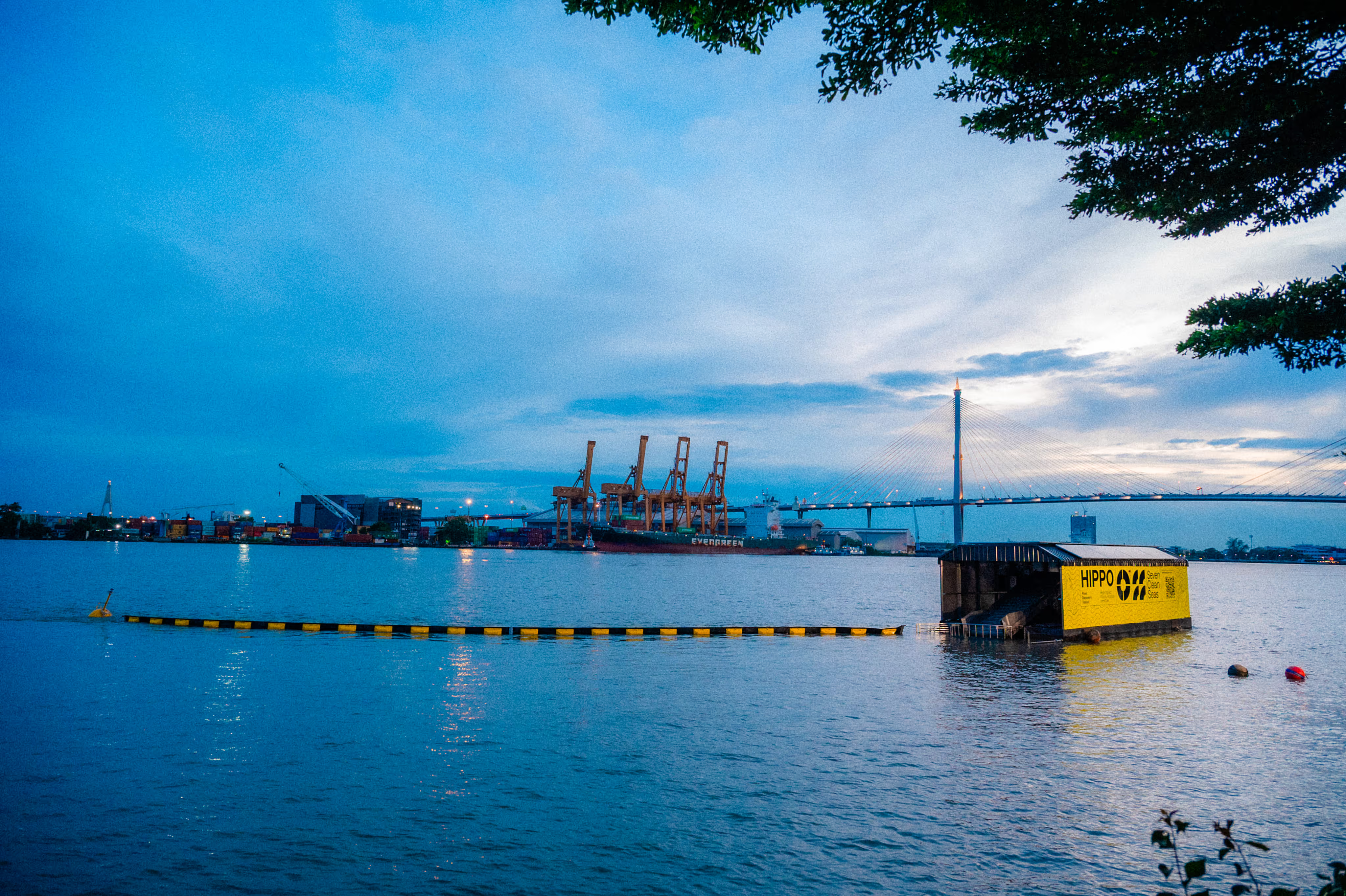
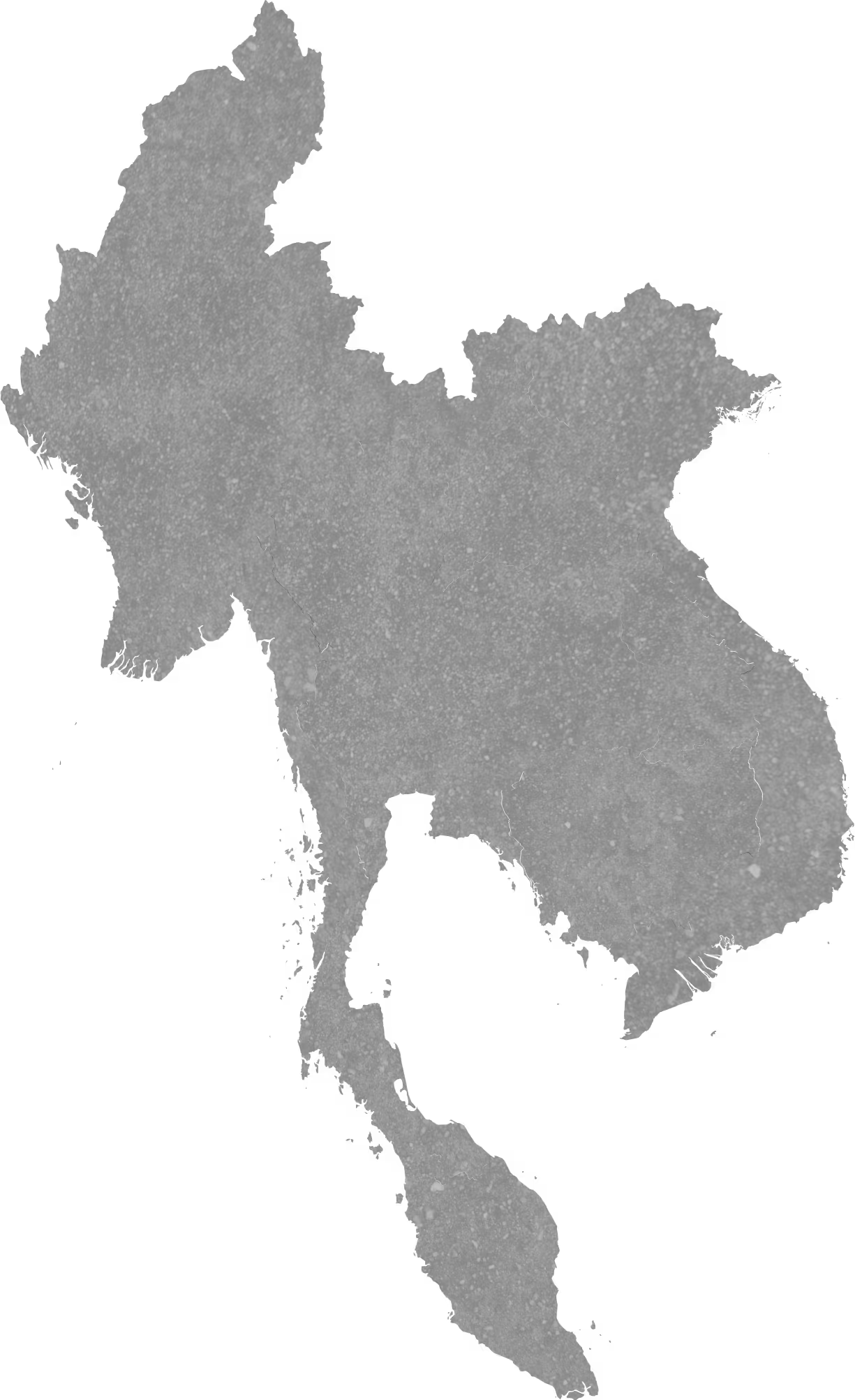
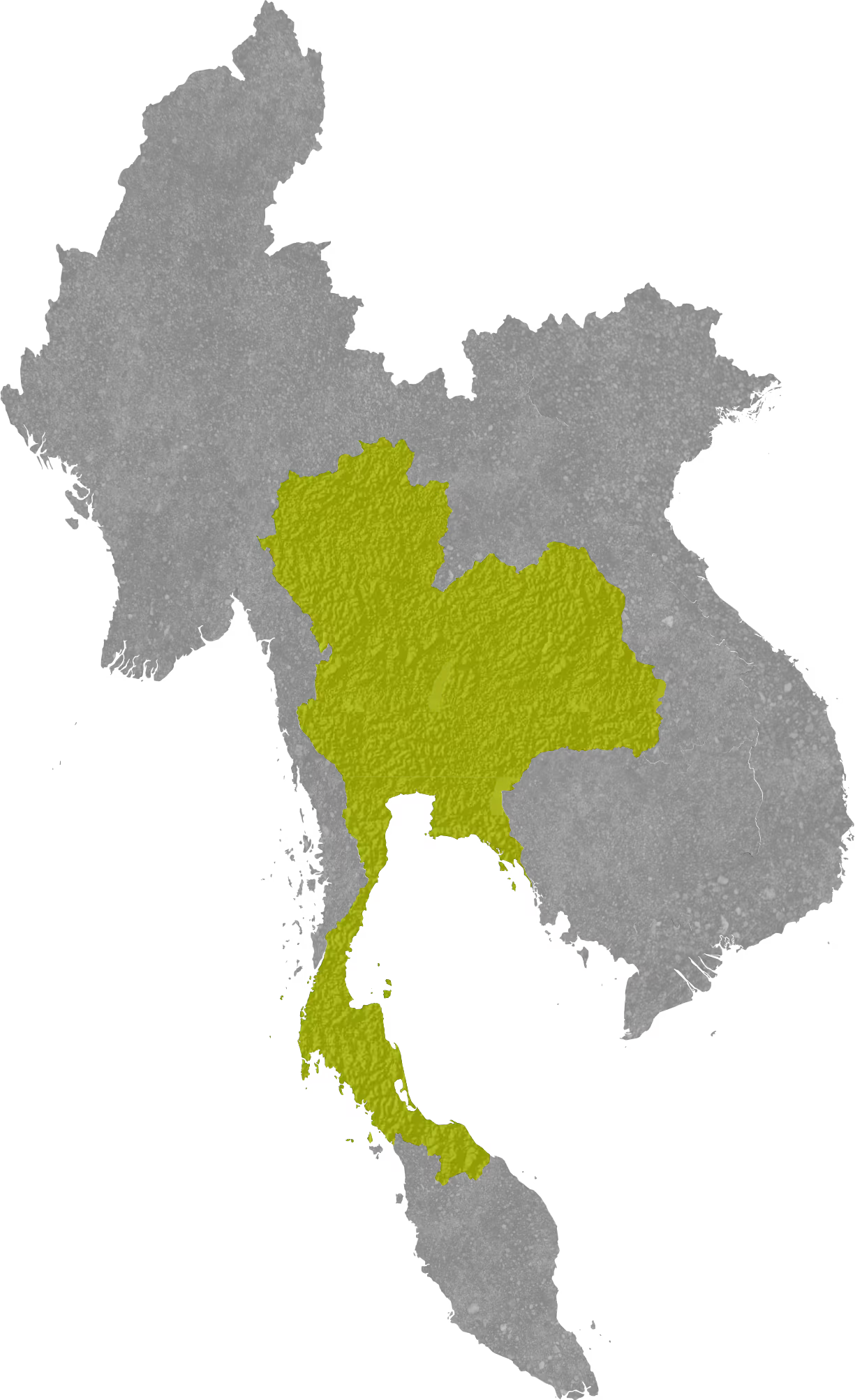
Chao Phraya River plays a crucial role in providing for the lives of an estimated 13 million people. It courses through the heart of Siam, encompassing Bangkok, Nonthaburi, and Samut Prakan. Sadly, plastic waste often finds its way here, contributing to environmental degradation, including river pollution.
We developed the HIPPO (High Impact Plastic Pollution remOval) - our automatic, solar-powered, and scalable vessel - to collect riverine plastic at scale.
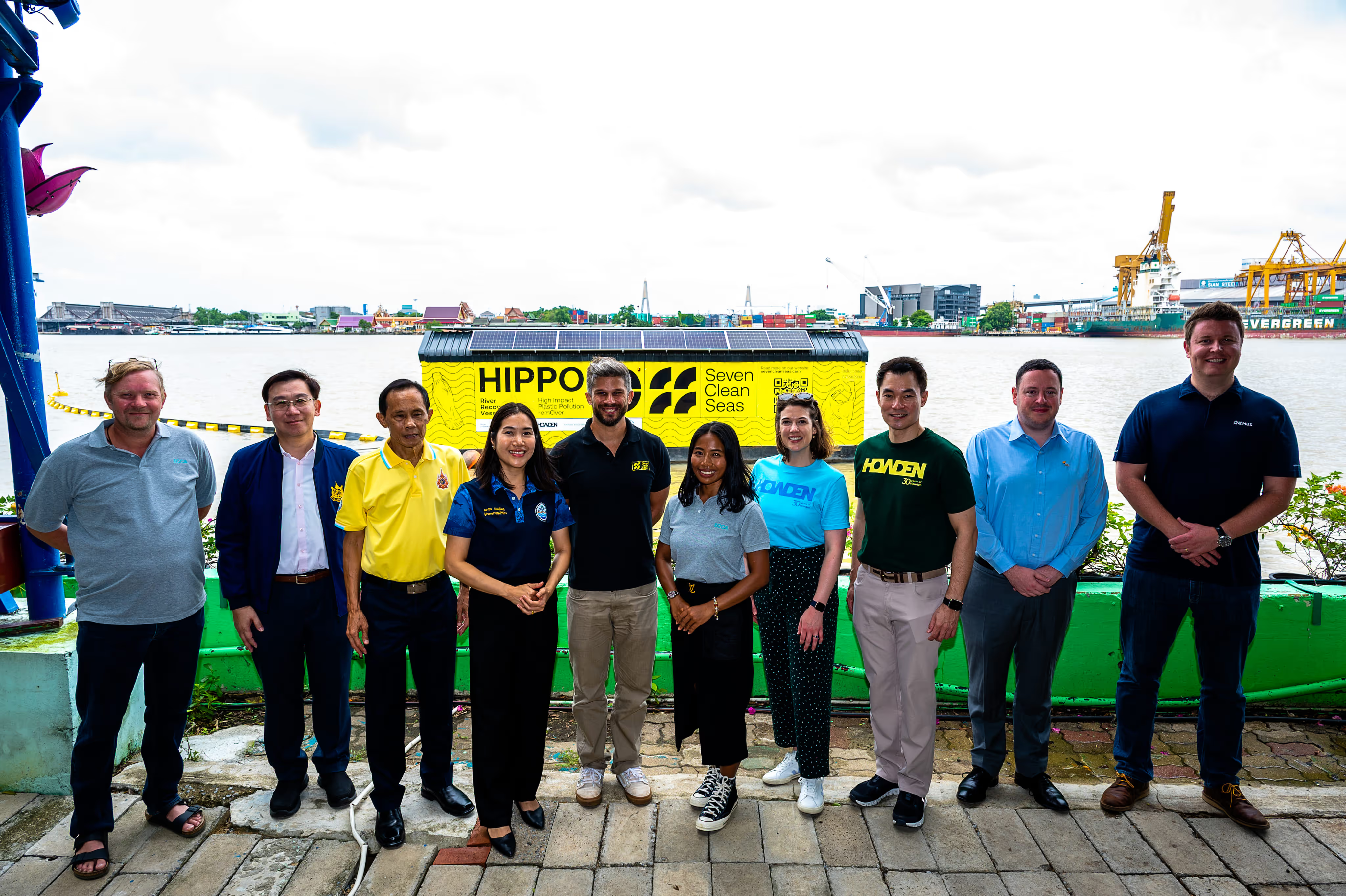
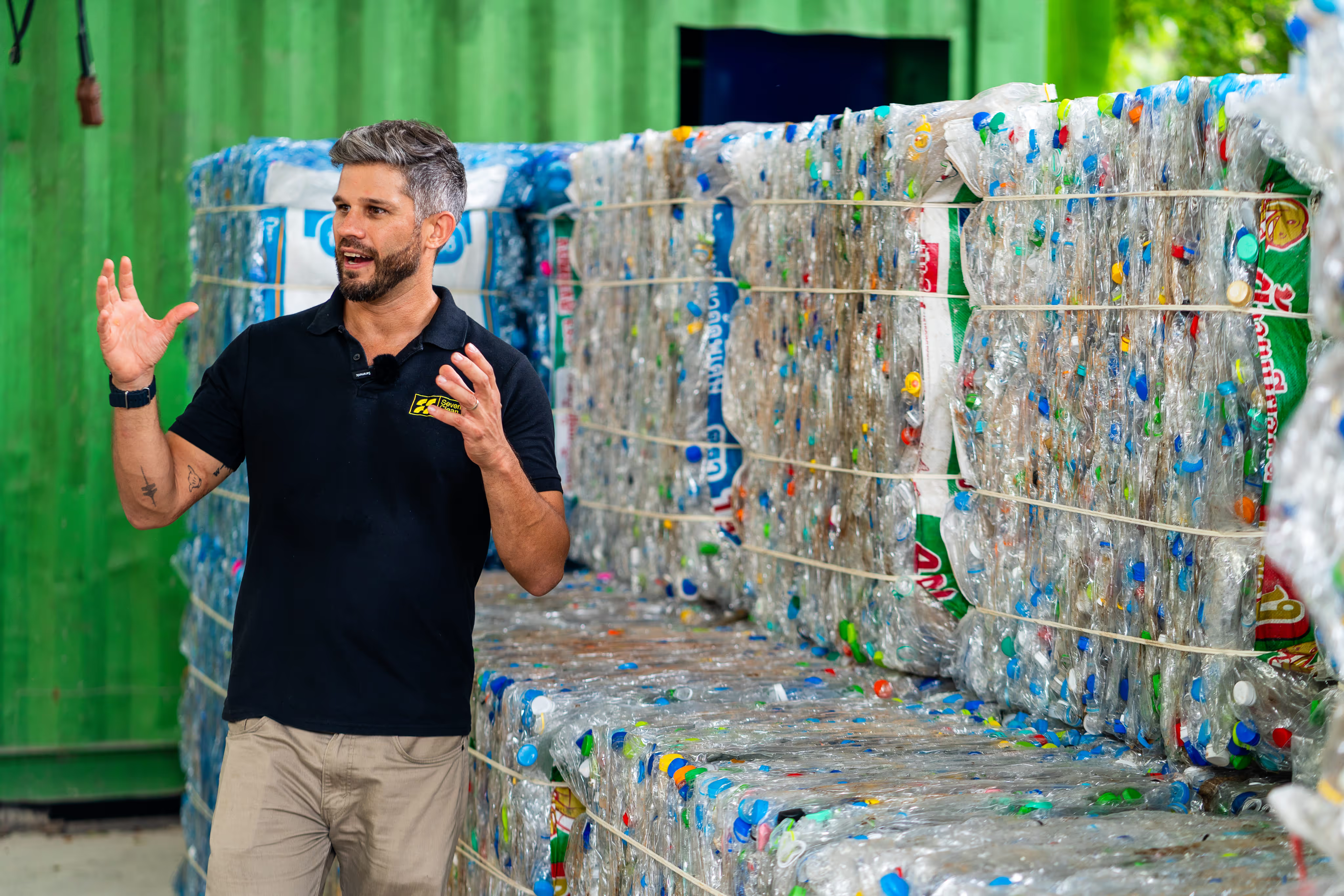
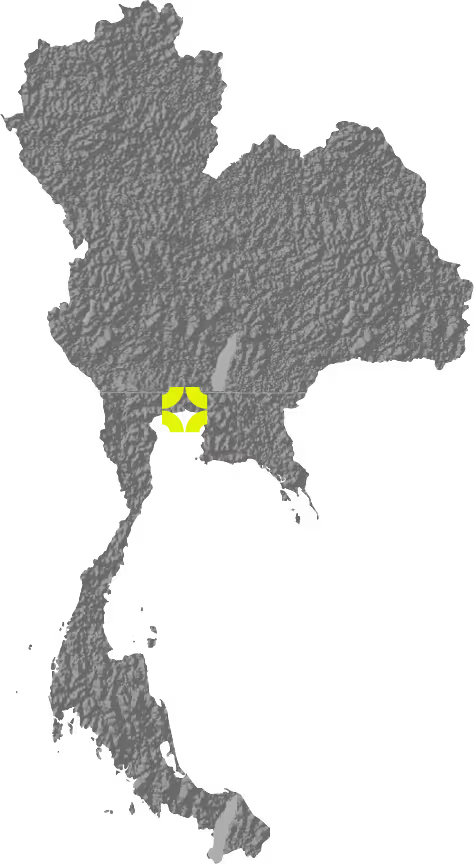
This first stage of project expansion in Thailand is made possible thanks to our philanthropic partners (ECCA Family Foundation, Howden Foundation, Marina Bay Sands, Thai Union, and BW LPG) and plastic credits.
This effort further enhances the potential of circular solutions, from prevention through to sorting and recycling, hence maintaining a closed-loop.
We partnered with the International Union for Conservation of Nature (IUCN) to oversee the implementation of the HIPPO in the local market. Currently, we are working with the Thai Government on the expansion of this Seven Clean Seas’ project.











